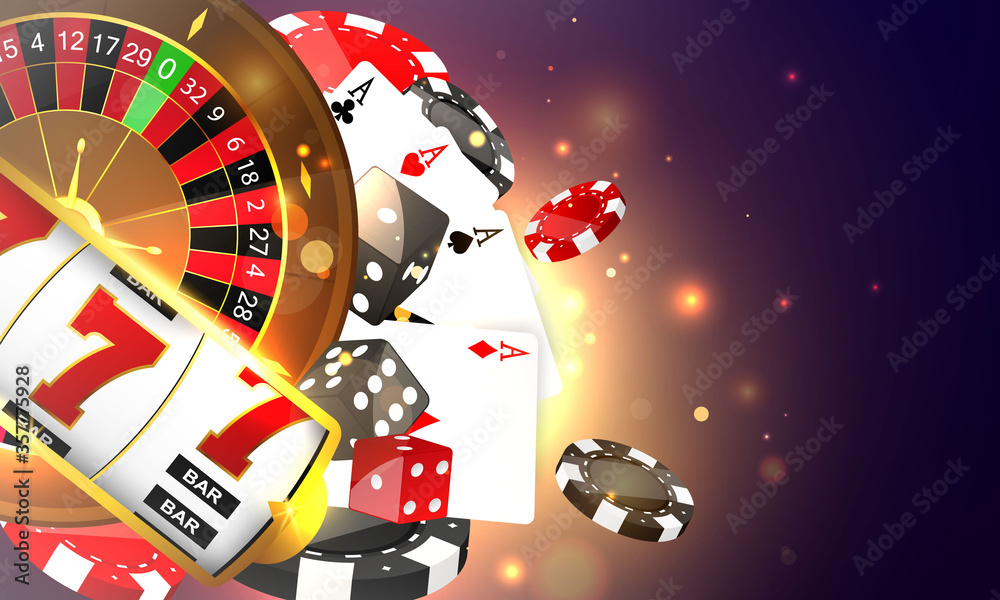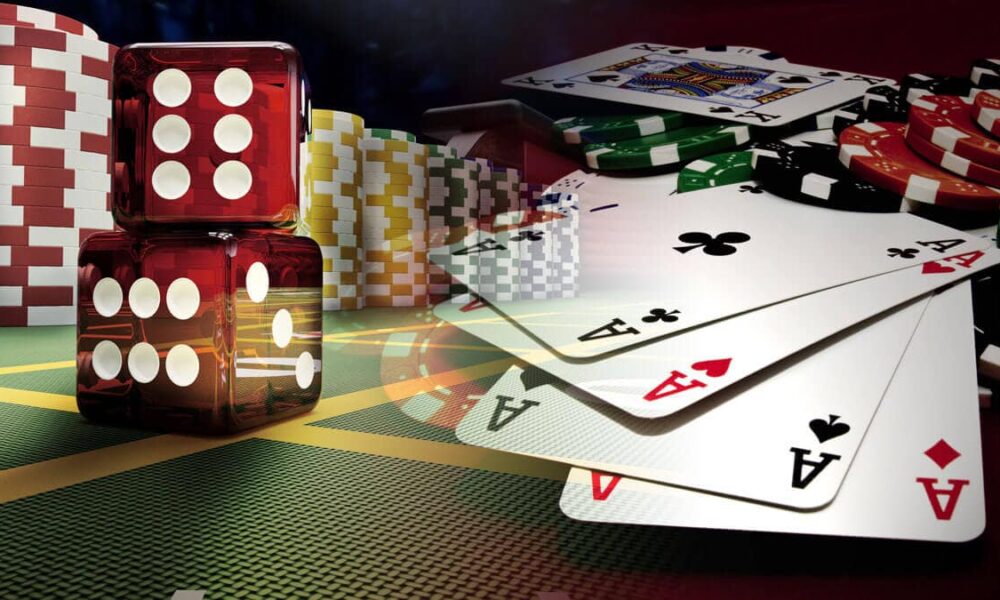The psychological impact of gaming outcomes extends far beyond the immediate financial results. When you place a wager and watch the result unfold, your brain undergoes complex chemical changes that influence your mood, decision-making, and subsequent gaming behaviour. These psychological responses happen whether you’re aware of them or not, creating patterns that shape your overall gaming journey. The psychological cycle of wins and losses affects players of all experience levels, from newcomers to veterans.
Victory rush phenomena
Winning triggers an immediate dopamine release in your brain, creating a natural high that feels remarkably good. This biochemical reward system evolved to reinforce beneficial behaviours, but in gaming contexts, it can lead to patterns that don’t always serve your best interests. https://twareekh.com/ analysis shows that players who experience initial wins often develop stronger engagement with games than those who start with losses. The positive reinforcement creates powerful associations that your brain eagerly seeks to repeat. After winning, many players experience increased confidence that can transform into a feeling of invincibility. The confidence boost from wins creates a temporary sense that you possess a special skill or luck that separates you from other players.
Defeat spiral mechanics
Losses trigger distinctly different psychological responses compared to wins, often activating parts of your brain associated with pain and distress. This negative reinforcement can create an aversion to specific games or betting patterns, but it may also trigger counterproductive responses in many players:
- Loss-chasing behaviour where you increase wager sizes trying to recover previous losses quickly
- Selective memory that dwells on near-misses while minimizing clear losses
- Superstitious thinking that attributes losses to external factors rather than probability
- Emotional decision-making that replaces strategic thinking with frustration-driven choices
- Self-worth questioning that connects gaming outcomes to personal value
- Bargaining thoughts that promise “just one more try” to break a losing pattern
- Withdrawal and isolation to hide losses from others while continuing to play
These psychological responses explain why many players make their poorest decisions during losing streaks, precisely when clear thinking becomes crucial for preserving resources.
Hot and cold perception flaws
Brain naturally seeks patterns even in random outcomes, leading to common misperceptions about “hot” and “cold” periods during play. This pattern-recognition tendency served our ancestors well for identifying genuine environmental patterns but creates problematic thinking in modern gaming contexts:
- The “due for a win” fallacy that assumes losses increase the probability of upcoming wins
- Hot hand belief that recent wins predict future wins despite mathematical independence
- Machine or game personification that attributes human characteristics to inanimate systems
- Sunk cost thinking that bases future decisions on previous losses rather than current odds
- Gambler’s fallacy that misunderstands how probability works across independent events
- Result in anchoring that uses recent outcomes as reference points for judging “normal” results
- Confirmation bias that notices outcomes supporting your theories while ignoring contradictory results
These cognitive distortions affect nearly all players regardless of education or experience level, demonstrating how deeply ingrained pattern-seeking behaviour remains in human psychology. The complex relationship between gaming outcomes and psychological responses creates a fascinating interplay that shapes your overall experience. These mental mechanisms, you can develop greater awareness of how wins and losses affect your thinking, potentially helping you maintain more consistent judgment regardless of recent results.








Comments